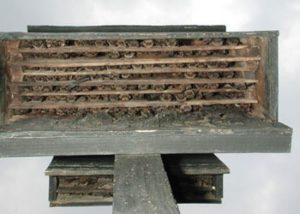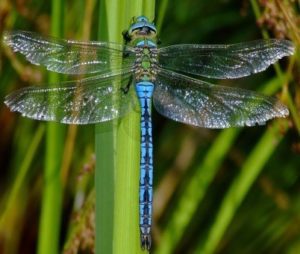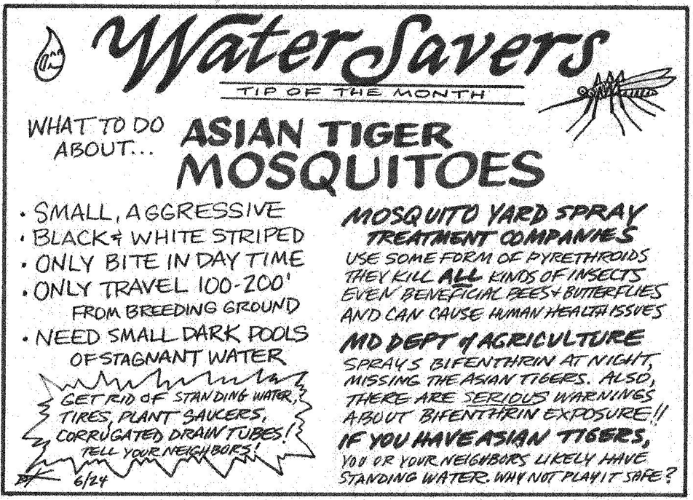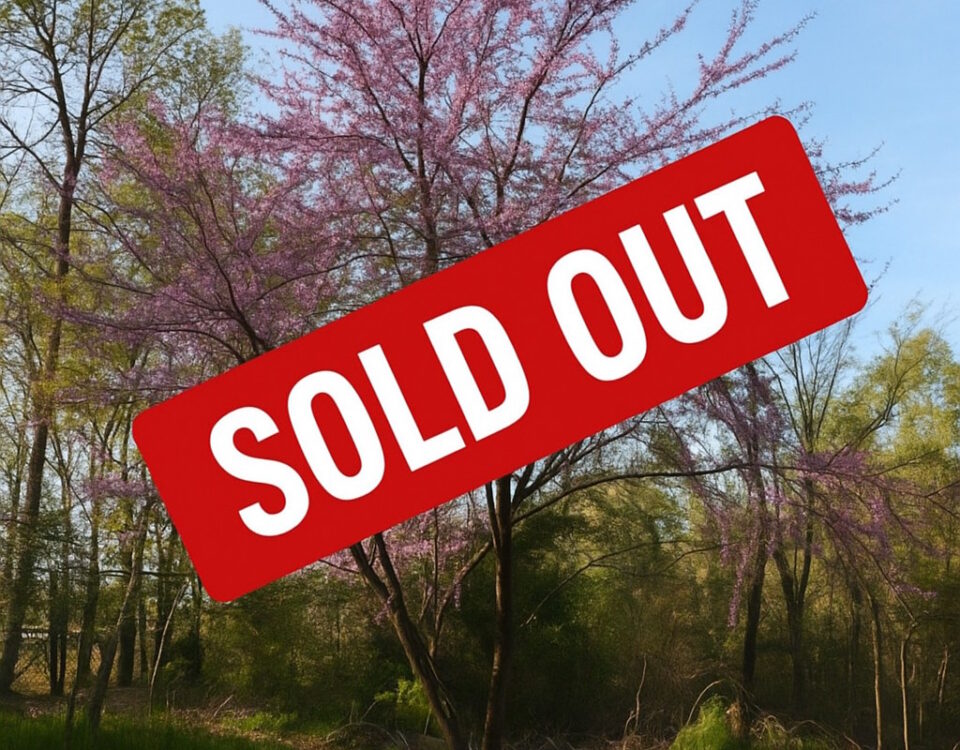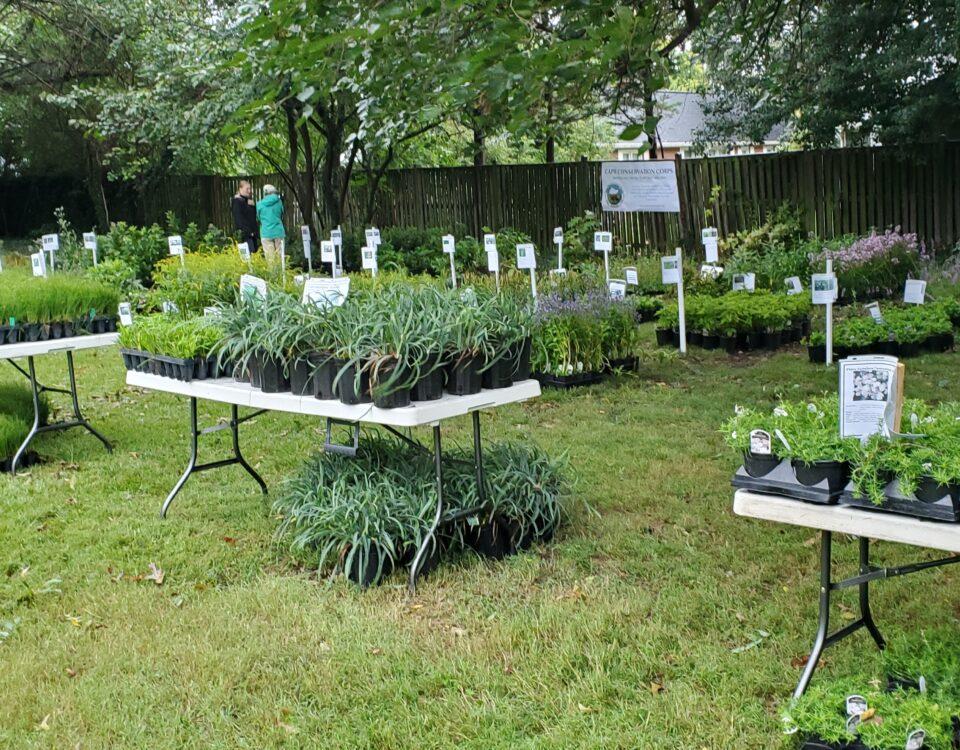
Native Plants vs Nativars
March 7, 2017Building Hometown Habitats
May 13, 2017By: Stacey Wildberger
Anyone that has spent a summer in Cape St Claire knows we have mosquitoes. Living near the water is often blamed for the infestation each summer but most of the mosquitoes come right from your own backyard. Mosquitoes often don’t travel far so it is important to survey your yard and see what you can do to prevent their arrival in the first place. Mosquitoes need suitable aquatic breeding habitats to complete their life cycle. Eliminate any sources of open water where the mosquitoes can lay and grow their eggs and stop them before they lay the eggs. Water can accumulate in bird baths, old tires, rain barrels streams, ponds, ditches, flower pots, roof gutters and unused swimming pools or covers. There are several things you can do: change your bird baths every couple of days, empty and overturn any vessels where water can sit in, use screens on your rain barrels, pull covers and tarps taut and enlist the help of good bugs and other natural predators in your backyard ponds. Water also accumulates in the dense patches of English Ivy so consider removing this highly invasive plant to reduce mosquito breeding grounds.
There are several natural ways to stop mosquitoes from hatching if they do happen to breed in an undetected water source in your yard. The essential oils found in many plants and herbs can be used to repel mosquitoes including Catmint, Peppermint, Lemon, Lavender, Eucalyptus, Thyme, Geranium, Clove, Sage, Cinnamon, and Rosemary. You can plant them in pots or in the ground near areas of your yard people gather. You can also throw some thyme or rosemary bundles on the bar-b-que when you are grilling to repel them. A few non-herb plants to use are ageratum-an easy to grow old fashioned annual, and marigolds. Be sure to crush the leaves of the plants to activate the oils in the leaves otherwise the mosquitoes won’t smell them. You can also add a few drops of essential oils to coconut or olive oil and then dab a few drops on your skin. Cedar oil is also a natural mosquito repellant. CedarCide makes a spray bottle called YardSafe for spraying areas of your yard or for a cheaper option or broader area use garlic oil (both can be found on Amazon). Both products are natural, non-toxic alternatives for outdoor pest control.
Consider installing a backyard, no-fuss wildlife pond in your landscape. I know it sounds crazy to ask you to add water when I just finished saying get rid of your water but hear me out. A well balanced wildlife pond will act as a natural LARVAECIDE unit if you DO NOT include fish. Let dragonflies lay their babies (nymphs) in the pond and they will feast on the larvae of the mosquitoes. You may have to scoop a few swimmers out until the dragonflies get established. The nymphs will grow into big strong dragonflies that will then eat any mosquitoes that did hatch. If you introduce fish they will eat the larvae as well but they will also eat nymphs, frog and toad eggs and salamander eggs. If you want a biodiverse, ecologically sound pond skip the fish and rely on the Mother Nature to do the work. You could add a small solar pump for circulation but it is not necessary. The key to attracting dragonflies is a safe, comfortable environment. A small pond with a shallow end, plenty of vegetation and some flat rocks around it will work fine. The rocks act as a resting place for the adult dragonflies to lie in the sun, waiting for the adult mosquitoes to leave the pond. For more information on building a backyard pond check out this website: http://www.migratorydragonflypartnership.org/uploads/_ROOT/File/Pond_Habitat_Guidelines_Odonates_Final_Websec.pdf
Another natural enemy of the mosquito is the bat. Some bat species eat 500-1000 mosquitoes each night. There are many easy to install bat house you can hang or easy step-by-step instructions on how to make your own. Attracting bats to your property is a fun way to keep mosquitoes at bay. It may take several years for the bats to find and inhabit your box but a few tips to make your house more inviting: make sure it receives 6-7 of direct sunlight, faces SE to SW direction, should be 2’ tall and 14” wide. ¾’1” partitions, ¼” ventilation, preferably located ¼ mile from water, and 20-25 ft from the nearest tree.
What should you not do to combat mosquitoes in your yard? Do not spray pesticides. They are several backyard mosquito spraying companies will try to convince you that the insecticides containing pyrethroids are a safe alternative to other insecticides but the consequences to our beneficial insects, fish and tadpoles is deadly. These sprays do not distinguish between mosquitoes and beneficial bugs. The runoff from our yards containing the pyrethroids ends up in our streams and rivers with enough concentration to kill off the small aquatic life that is crucial to fish and other aquatic animals.
There are so many known health problems associated with using pesticides and insecticides but we continue to use them because they have been so widely used for so many years that many people assume they are safe just because we use them. This is just not the case. Not only are they harmful to human health but to our natural world as well. When you apply pesticides to kill mosquitoes and other unwanted insects you’re killing the beneficial bugs as well. The insects we need to pollinate our food grow our beautiful gardens and provide food for baby birds. Please think twice this summer before using these deadly pesticides and try a safer approach.
Bat box (occupied) Rosemary Bundles Dragonfly



